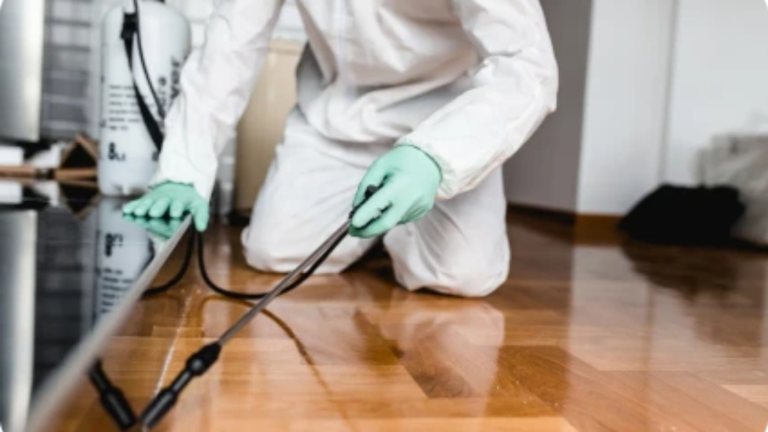
Gas piping installation is a crucial aspect of any home or commercial building’s heating system. While it may be tempting to handle the process independently, the risks associated with improper installation far outweigh any potential savings. A poorly executed gas piping installation in Bayville can lead to severe hazards, including gas leaks, explosions, and health risks. Professional expertise is essential to ensure safety, compliance with regulations, and long-term efficiency.
The Dangers of Incorrect Gas Piping Installation
Even a minor mistake in gas line installation can have devastating consequences. The process requires precision, knowledge of local codes, and the right tools, making it unsuitable for untrained individuals.
Risk of Gas Leaks and Explosions
One of the most significant risks of improper gas piping installation is gas leakage. A small leak can quickly escalate, leading to potential fire hazards or even explosions. Natural gas is highly flammable, and any exposure to open flames or electrical sparks can trigger a catastrophic event. Additionally, gas leaks are often odorless in their early stages, making them difficult to detect before they become dangerous.
Carbon Monoxide Poisoning
Another hidden danger of faulty gas piping is carbon monoxide (CO) poisoning. If gas appliances are not properly connected or vented, they can release CO—a colorless, odorless gas that can be deadly when inhaled in high concentrations. Symptoms of CO poisoning include headaches, dizziness, nausea, and confusion. Long-term exposure can lead to serious health complications or fatalities.
Violations of Safety Codes and Legal Consequences
Gas piping installation is regulated by strict building codes and safety standards. Unauthorized installation or modifications can result in code violations, leading to hefty fines, legal issues, and difficulties in obtaining home insurance. Professional installers are well-versed in these regulations, ensuring that all work meets safety requirements and passes inspections.
Why Professional Gas Piping Services Are Essential
Hiring a licensed professional for gas piping installation is the safest and most reliable option. Experts have the training, tools, and experience to ensure that the system functions efficiently while prioritizing safety.
Proper Equipment and Expertise
Certified professionals use specialized tools and techniques to install gas lines securely. They understand the complexities of different piping materials, pressure regulations, and connection methods, ensuring a seamless installation that minimizes risks.
Thorough Leak Testing and Inspection
After installation, professionals conduct thorough leak testing to identify any potential hazards. They use advanced detection methods to ensure that the system is airtight and safe for use. Additionally, they inspect connections and fittings to prevent future leaks or damage.
Compliance with Regulations and Permits
Licensed professionals follow all local and national gas codes, ensuring that the installation meets safety standards. They also obtain necessary permits and inspections, preventing any legal complications down the line. Homeowners and business owners can have peace of mind knowing their gas system is compliant and safe.
Conclusion
Gas piping installation is not a task to take lightly. The risks associated with improper installation—including gas leaks, explosions, and carbon monoxide poisoning—make it clear why only trained professionals should handle this job. Hiring an expert ensures safety, efficiency, and compliance with all necessary regulations. Investing in professional installation not only protects your property but also safeguards the well-being of everyone inside.











